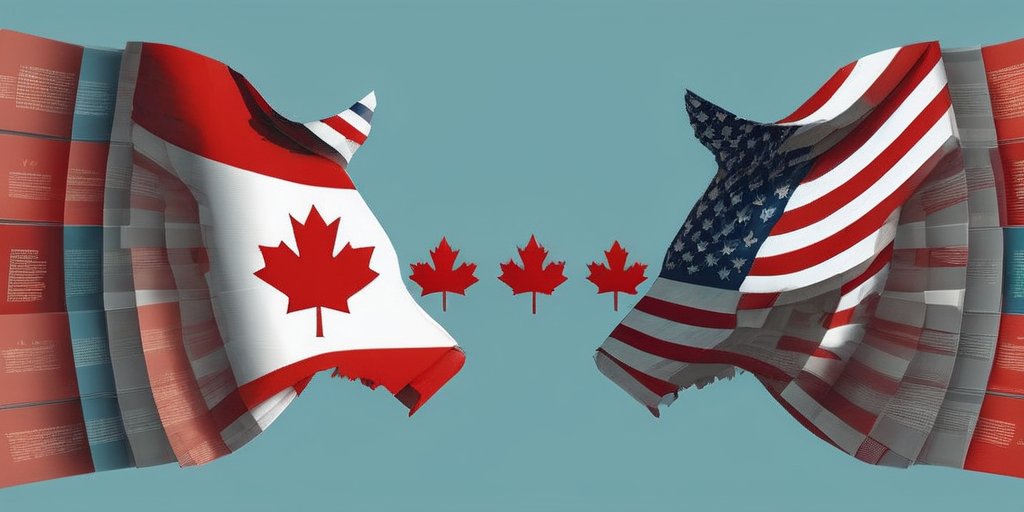In a surprising move intended to rejuvenate trade relations with the United States, Canada has announced it will abandon its planned Digital Services Tax (DST), which was scheduled to take effect imminently. The DST would have imposed a 3% levy on revenues exceeding $20 million generated by major US tech companies like Amazon, Google, Meta, and Apple within Canadian borders. This decision comes on the heels of US President Donald Trump’s threat to escalate tariffs on imports from Canada, labeling the tax a ‘blatant attack’ on American businesses.
Canada’s finance minister, François-Philippe Champagne, confirmed the tax’s cancellation in a statement, emphasizing that the original intention of the DST was to ensure that large technology firms contributing substantial revenue from Canadian users would fulfill their tax obligations.
The announcement follows a period of ups and downs in US-Canada relations, notably during Trump’s administration. Trump’s prior insistence on imposing high tariffs and aggressive trade strategies placed significant strain on the bilateral relationship. By scrapping the DST, Canada hopes to pave the way for renewed negotiations aimed at reaching a new trade agreement by July 21.
While Canada’s intended tax was projected to bring in over $2 billion annually from big tech, Trump’s robust stance against such measures reflects a broader trend among American leaders to advocate for favorable conditions for US businesses operating abroad. He has described the Canadian tax proposal as ‘egregious,’ while underscoring America’s economic leverage over its northern neighbor.
The broader context involves global shifts in taxation of multinational corporations, with numerous countries exploring new frameworks for taxing large tech firms which can manipulate corporate tax rates through international structures. Notably, countries like the UK have been evolving their tax policies to better capture revenue from such entities.
In summary, Canada’s recent decision to rescind the DST represents a tactical retreat amidst developing trade negotiations and highlights the complex dynamics at play in Canada-US economic relations under the Trump presidency. The move illustrates Canada’s attempt to temper tensions and focus on multilateral agreements regarding digital services taxation.
